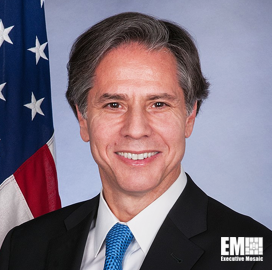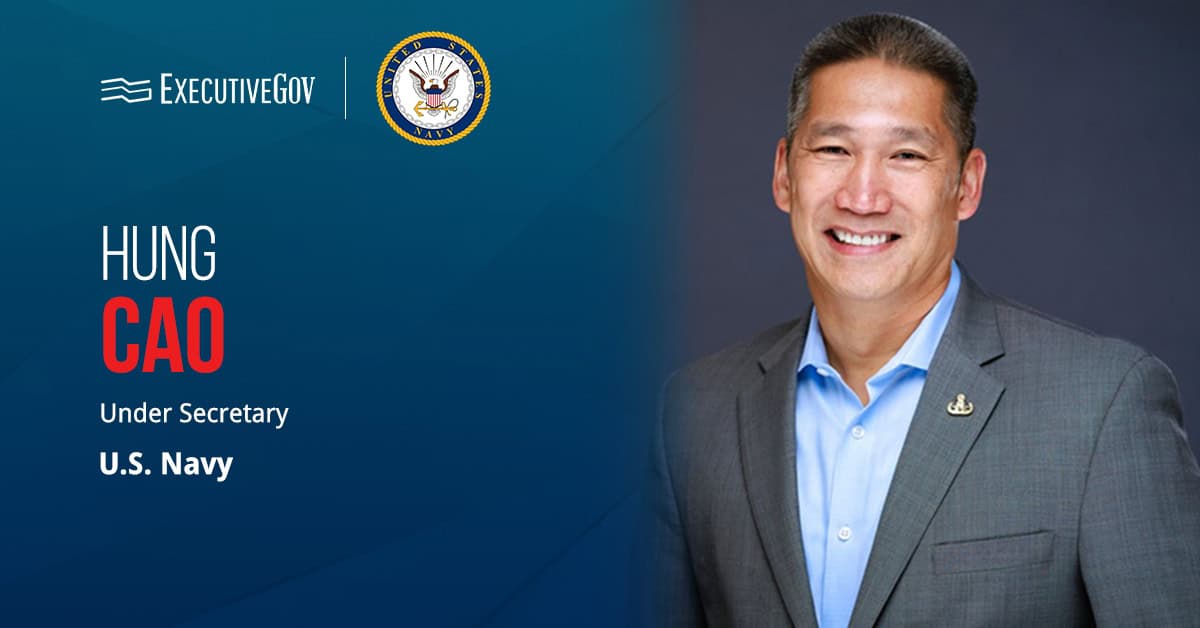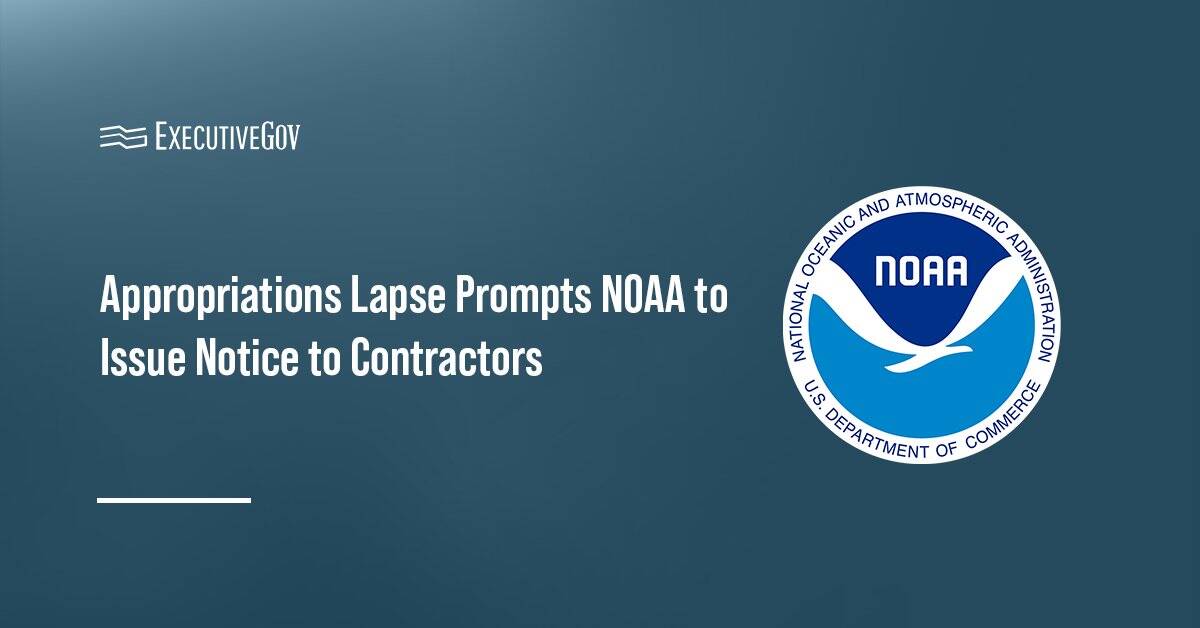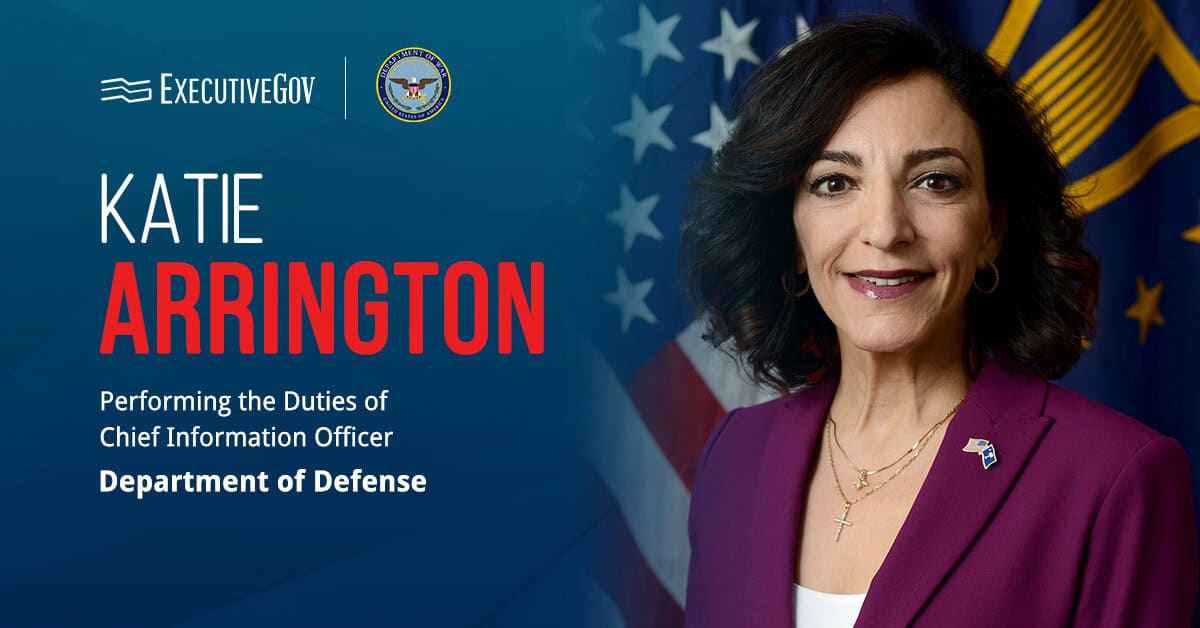President Biden on Tuesday signed a national security memo to support the execution of a strategy and implementation plan to counter biological threats, improve pandemic preparedness and achieve health security worldwide.
The National Biodefense Strategy seeks to detect pandemics and other biological threats by accelerating the development of new technologies and prevent outbreaks from becoming epidemics by strengthening laboratory biosafety and security and deterring the use and development of bioweapons, the White House said Tuesday.
The strategy aims to improve preparedness to respond to outbreaks and other biological incidents by facilitating testing within 12 hours, developing vaccines within 100 days and accelerating therapeutic development and validation to repurpose existing drugs within 90 days.
The White House said the memo seeks to improve the coordination of federal biodefense initiatives by directing agencies and departments to prioritize the strategy’s implementation in their annual budgets and requiring the Intelligence Community to track the evolving biothreat landscape and provide information needed to address various forms of biothreats.
The strategy outlines five goals to strengthen the biodefense enterprise: enabling risk awareness and detection to inform decision-making across the biodefense enterprise; ensuring biodefense enterprise capabilities to prevent bioincidents; ensuring biodefense enterprise preparedness to reduce the impacts of bioincidents; driving rapid response to limit the impacts of bioincidents; and facilitating recovery to restore the community, the economy, and the environment after a bioincident.
Each goal comes with specific objectives. For the first goal, the U.S. needs to ensure that risk assessments, intelligence and forecasting inform decision-making and that biosurveillance, biothreat detection and information systems are integrated and coordinated to detect, prevent and recover from bioincidents.
“The National Biodefense Strategy recognizes that domestic action alone is insufficient to protect America’s health and security in an interconnected world,” Secretary of State Antony Blinken said in a statement published Wednesday.
“It directs greater international attention and focus, including expanding sustainable and transparent capacity building, improving country-led and adequately financed health security, as well as actions to prevent the acquisition and use of biological weapons,” added Blinken, a previous Wash100 Award winner.





